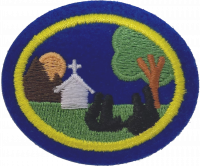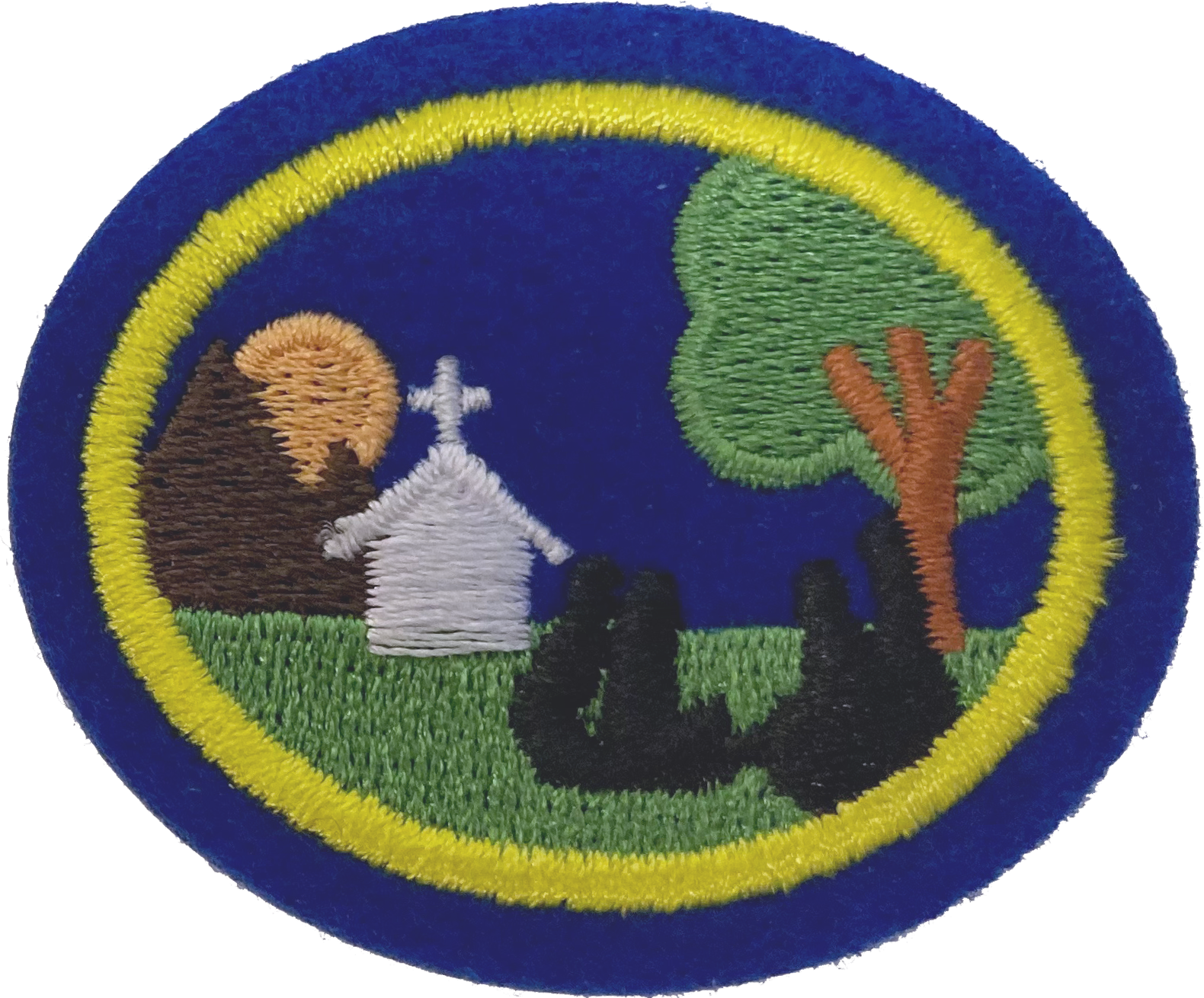AY Honors/Sabbath Appreciation/Answer Key
From Pathfinder Wiki
< AY Honors | Sabbath AppreciationAY Honors/Sabbath Appreciation/Answer Key/en /
Sabbath Appreciation
Skill Level
1
Year
2021
Version
07.02.2026
Approval authority
North American Division
1
Briefly describe what it means that God created, blessed and sanctified the Sabbath (Genesis 2:1-3).
2
Answer the following:
2a
According to the Bible, when does the Sabbath begin and end?
2b
How does preparing for the Sabbath on Friday help increase the benefits of the Sabbath day?
2c
How does the Adventist denomination’s understanding of Sabbath hours differ from that of religious Jews?
Adventists keep Sabbath from "sunset to sunset." Religious Jews keep the Sabbath from a few minutes before sunset on Friday until 3 stars are visible on Saturday evening.
3
Compare the 4th commandment in Exodus 20:8-11 and Deuteronomy 5:12-15. What are similarities and differences you notice? What did Moses see as the benefits for keeping the Sabbath? What benefits can still be seen today?
4
In a small group, read Isaiah 58:13-14. Discuss the following:
4a
What are some of the activities you and your family engage in during the hours of the Sabbath.
4b
Why do you choose to do certain activities over others?
4c
What “evaluation steps” do you/could you use to determine the value/drawbacks of participating in an activity on the Sabbath?
5
In a small group, read Luke 14:1-6. Briefly discuss what Jesus taught about the Sabbath in this verse.
6
Read at least four stories regarding Jesus and what he did on the Sabbath. List which of His actions showed 1) commitment to God, 2) worship of God, 3) and service for God. Think of your modern-day life experiences or of others you know and categorize those stories in the same way.
7
Briefly explain the tradition of attending church services on the Sabbath.
7a
How did Jesus participate and worship at the synagogue on the Sabbath?
7b
How do you feel about attending church services? Explain why you feel that way.
7c
What makes gathering together on the Sabbath meaningful to you?
8
Interview a long-time Sabbath-keeping Christian by beginning with the following questions:
8a
What are some of your best Sabbath memories?
8b
What do you like best about the Sabbath?
8c
What Sabbath traditions did you have as a young person? What about now?
8d
What are your favorite memories of church? In a youth group?
9
Review your experiences in preparation and celebration of the last two Sabbaths. What changes, if any, would you make in these areas to make your observance of the Sabbath a more enjoyable experience?
10
Illustrate through a drawing, origami, sculpture, or an art form of your choice a favorite scene of the Sabbath.
11
Role-play an experience of someone inquiring about the observance of the Sabbath. Briefly discuss your approach and the information you could share to make the experience more meaningful.
12
Individually or as a group, complete two of the following on a Sabbath since starting this honor:
12a
Visit someone in the hospital or nursing home.
12b
Identify and visit a church member who has not attended church for some time.
12c
Organize and participate in a nature walk.
12d
Use social media to reach out to family or friends offering to pray for them.
12e
Participate in a Global Youth Day event.
12f
Invite someone into your home to share a Sabbath meal.
12g
Another activity as approved by your instructor.
13
Research how observant Jews welcome and end the Shabbat. With your family or group, incorporate several of these customs for special ceremonies to welcome and end a Sabbath. The customs could include, but not be limited to special meals, songs, readings, special prayers, and candles. Evaluate and summarize the experience and what was most meaningful to you.


